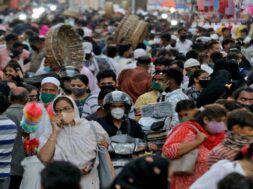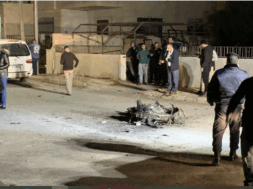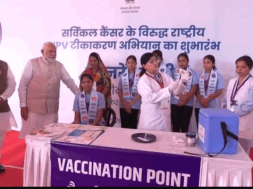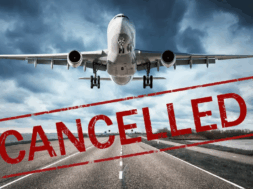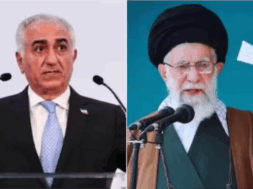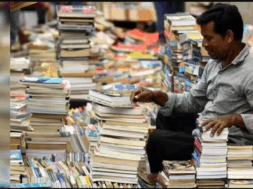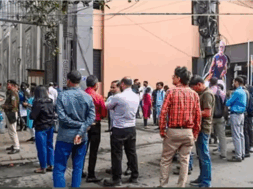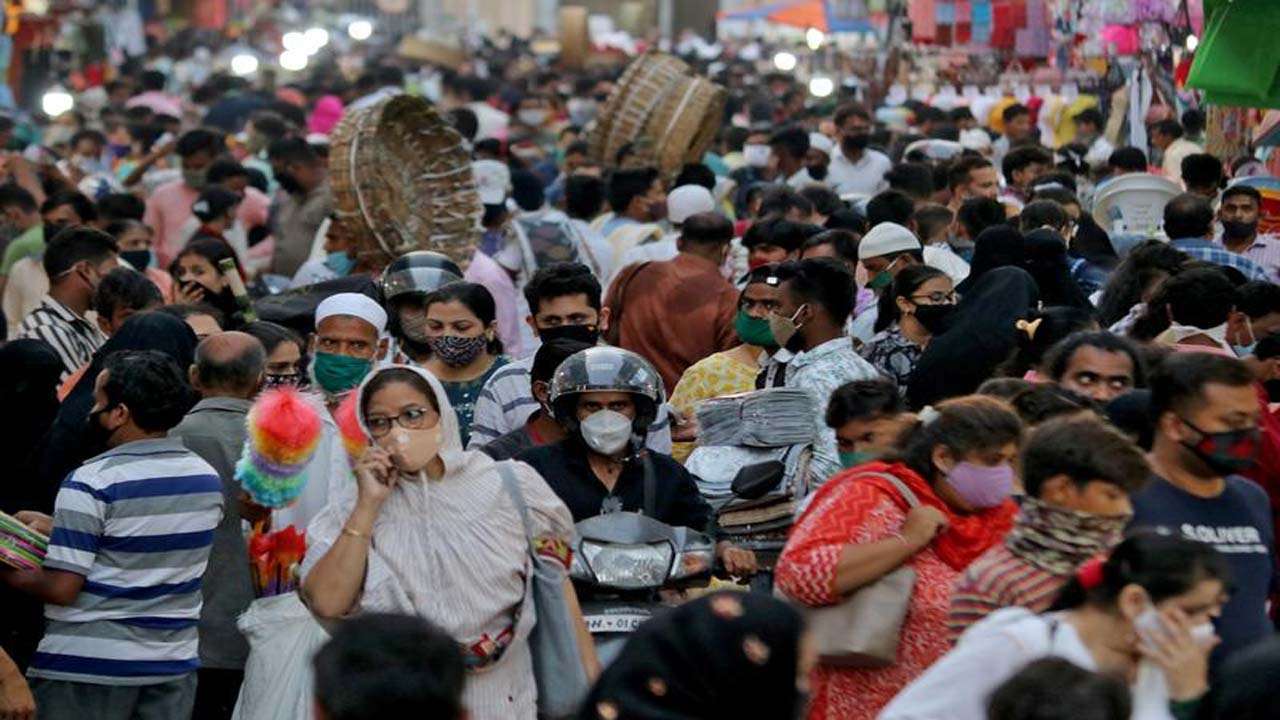
Covid-19: India May Have Entered the Third Wave, Say Experts
Manas Dasgupta
NEW DELHI, Dec 31: Although the government has not yet declared it so far, India seems to have entered the third wave of the Covid-19 pandemic. There are unmistakable signs to suggest it and the surge that has started is unlikely to subside easily or change course over the next few days, expert believe.
But it is too early to say anything about the magnitude or the quality of this surge. It need not be similar to the first two waves that the country has witnessed so far, or follow the trajectories seen in some of the other countries in Europe or in the United States. South Africa is following a very different trajectory, and so, it seems as of now, is Germany. In both these countries, cases seem to be stabilising, though it is not over yet, and part of the puzzle could also be related to inconsistent reporting of data during Christmas break.
India logged 309 fresh Omicron infections, taking the total tally of such cases in the country to 1,270. The country saw 16,764 new infections being reported in a day, while the death toll climbed to 4,81,080 with 220 daily fatalities, the data stated.
Omicron has started replacing Delta variant in the country in terms of the number of COVID-19 cases and 80 per cent of the travellers who tested positive have this new variant, official sources said on Friday. However, a third of all the detected cases were mildly symptomatic, and the rest were asymptomatic, they said.
The total of 1,270 Omicron cases that have been detected are spread across 23 States and UTs so far. Noting a considerable decline in COVID-19 testing, the Centre had on Thursday urged 19 States/UTs to ramp up testing “in a big way” to identify the positive cases promptly and restrict the spread of transmission in view of the increased transmissibility of Omicron variant, and the larger preponderance of asymptomatic cases.
Not surprisingly, the sharpest increases in cases are being seen in the major cities — Delhi, Mumbai, Bengaluru, Pune, Kolkata, Chennai and others. This is not just because of their large, and concentrated populations, but also due to the fact that these get the maximum number of incoming foreign travellers. The Omicron variant, which is the reason for the current surge, would first begin circulating in these populations before moving to the interior. These are also the places with better, and more prompt, testing infrastructure.
The reproduction number or R, an indicator of how quickly a disease is spreading in the population, has crossed 1 in all these megacities, according to the latest analysis by a group of researchers, led by Sitabhra Sinha, at the Chennai-based Institute of Mathematical Sciences. An R-value of 1, which signifies that every infected person is passing on the infection to at least one person on an average, is a key threshold after which cases begin to rise rapidly. Both Delhi and Mumbai have R-values over 2 right now, according to Sinha’s analysis, indicating that in both these cities, one person is transmitting to more than two people on an average. This is a forecast for a very quick rise in cases in both these cities.
A major reason for the unprecedented surge in Europe and the United States is the fact that it came during the annual festival season when large gatherings are the norm. And while many governments have announced some restrictions to control the surge, they have largely been reluctant to spoil the Christmas or New Year celebrations or gatherings. There is no such compulsion in India right now, and if people do follow Covid-appropriate behaviour in a responsible manner, it is possible for the country to negotiate this wave with minimal economic disruption.
The central government has closed tour of the Rashtrapati Bhavan and the Rashtrapati Bhavan Museum for an indefinite period from January 1, 2022, as a precautionary measure against the spread of COVID-19. The Change of Guard ceremony will also not take place till further notice, a statement issued on Friday by the Rashtrapati Bhavan said.
The Mumbai Police on Friday imposed a curfew prohibiting entry to beaches, grounds, promenades, parks and other similar public places in the city between 5 pm and 5 am till January 15 to prevent further spread of Covid-19 as the cases have seen a sudden spike in the city over the last couple of weeks.
However, restaurants, gyms, spas, cinema halls and theatres have been allowed to continue operating at 50 per cent capacity.
Late on Thursday night, the Municipal Corporation of Greater Mumbai (MCGM) added further restrictions on marriages, gatherings, or programme of any social, cultural, political or religious kind, allowing only 50 persons at attendance. In case of last rites, only 20 persons will be allowed to attend. The police said FIRs will be registered on any violation of the order issued by the MCGM.
